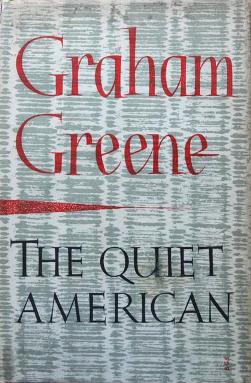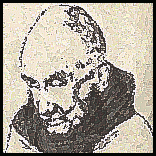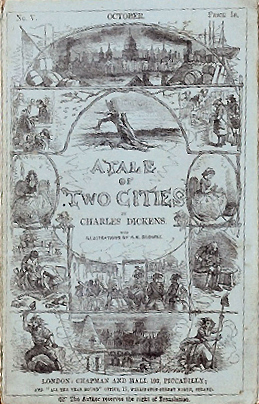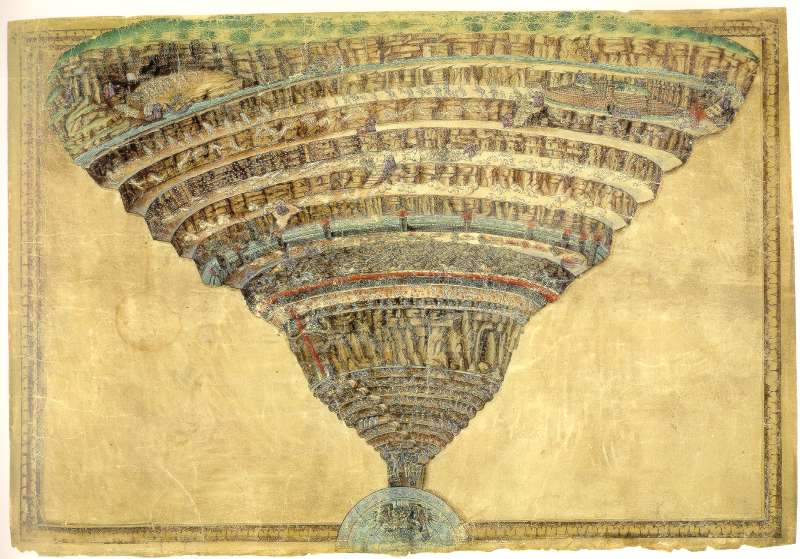There follows your humble Scribes report of our November meeting:
The Misfits met to discuss Leif Enger’s debut novel, Peace Like a River. It was written in 2001 and in this short time has gained widespread following among reading discussion groups. Study guides abound on the Internet, but the Misfits went freestyle last Wednesday night, as we are wont to do.
Our first impressions focused on the realistic portrayal of the characters and their relationships. Well, it was realistic once you suspended your disbelief of nine-year-old Swede’s precocious talent to compose verse like a poet laureate. But we’re not complaining. The poetry was delightfully entertaining and paralleled the character development and narrative throughout the story. I always enjoy it when a writer writes a writer; and so much the better if that writer is a poet!
But for us, the feature of this novel is the descriptive prose. We all recounted quotes that struck us particularly profound or evoked vivid memories of our own experience.
“Many a night I woke to the murmur of paper and knew (Dad) was up, sitting in the kitchen with frayed King James - oh, but he worked that book; he held to it like a rope ladder.”
That, for example, tells you everything you need to know by way of introduction of Jeremiah Land, Reuben’s father. As an aside, we wondered why Jeremiah and Reuben were the only two characters in the story with biblical names and theorized it was to signify their deep spiritual connection to each other.
There were also many questions asked and mysteries raised at the meeting that sent this scribe to the research department to look for answers.
First, on the question of lignite coal burning underground--it is true. This does occur in the badlands of North Dakota and references date back to the exploration journals of Louis and Clark. I even ran across a photograph that was taken in 1972 of a juniper tree that burst into flame because a vein of coal burned beneath it.
My research regarding the Butch Cassidy anecdotes was less fruitful. Although legends persist that Butch didn’t die in the shootout down in Bolivia, I (by this I mean Google) couldn’t find any evidence to suggest that he was instead ballooning with Sundance and an American genius in Argentina or that Butch eventually settled in Reece, Kansas and died in 1936. This appears to be complete literary fabrication. Go figure.
Finally, I wondered why the book was called what it was called. There wasn’t anything specific in the storytelling to suggest this title except to say that it seems to match the tone of the novel and somehow relates to the characters of Jeremiah and Reuben. It turns out that Enger found the title in the lyrics of the hymn “It Is Well with My Soul”, which was performed at the author’s wedding.
Yours in Christ,
Misfit Steve
Scribe to the Misfits
The Misfits met to discuss Leif Enger’s debut novel, Peace Like a River. It was written in 2001 and in this short time has gained widespread following among reading discussion groups. Study guides abound on the Internet, but the Misfits went freestyle last Wednesday night, as we are wont to do.
Our first impressions focused on the realistic portrayal of the characters and their relationships. Well, it was realistic once you suspended your disbelief of nine-year-old Swede’s precocious talent to compose verse like a poet laureate. But we’re not complaining. The poetry was delightfully entertaining and paralleled the character development and narrative throughout the story. I always enjoy it when a writer writes a writer; and so much the better if that writer is a poet!
But for us, the feature of this novel is the descriptive prose. We all recounted quotes that struck us particularly profound or evoked vivid memories of our own experience.
“Many a night I woke to the murmur of paper and knew (Dad) was up, sitting in the kitchen with frayed King James - oh, but he worked that book; he held to it like a rope ladder.”
That, for example, tells you everything you need to know by way of introduction of Jeremiah Land, Reuben’s father. As an aside, we wondered why Jeremiah and Reuben were the only two characters in the story with biblical names and theorized it was to signify their deep spiritual connection to each other.
There were also many questions asked and mysteries raised at the meeting that sent this scribe to the research department to look for answers.
First, on the question of lignite coal burning underground--it is true. This does occur in the badlands of North Dakota and references date back to the exploration journals of Louis and Clark. I even ran across a photograph that was taken in 1972 of a juniper tree that burst into flame because a vein of coal burned beneath it.
My research regarding the Butch Cassidy anecdotes was less fruitful. Although legends persist that Butch didn’t die in the shootout down in Bolivia, I (by this I mean Google) couldn’t find any evidence to suggest that he was instead ballooning with Sundance and an American genius in Argentina or that Butch eventually settled in Reece, Kansas and died in 1936. This appears to be complete literary fabrication. Go figure.
Finally, I wondered why the book was called what it was called. There wasn’t anything specific in the storytelling to suggest this title except to say that it seems to match the tone of the novel and somehow relates to the characters of Jeremiah and Reuben. It turns out that Enger found the title in the lyrics of the hymn “It Is Well with My Soul”, which was performed at the author’s wedding.
Yours in Christ,
Misfit Steve
Scribe to the Misfits
.jpg)






_-_Conrad%2C_Heart_of_Darkness_1.jpg)
.jpg)











